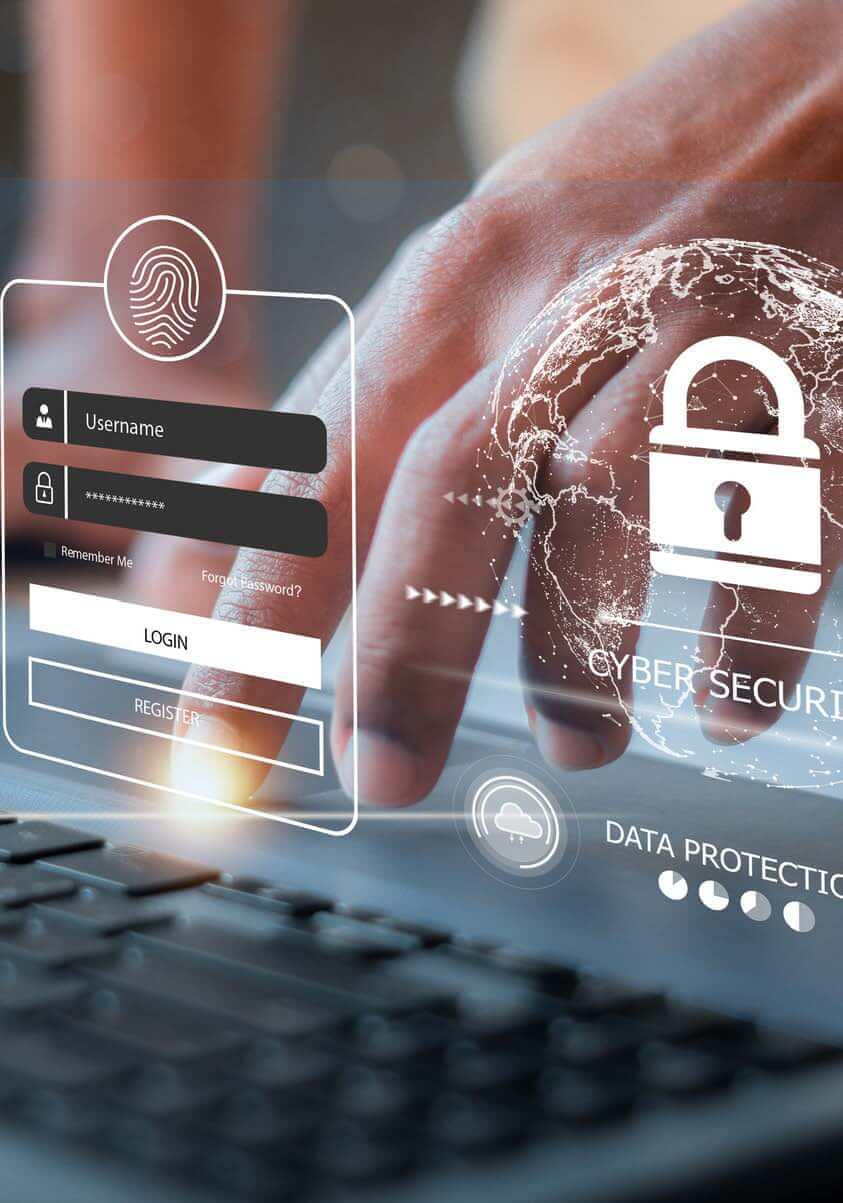Cyber Security and Fraud Prevention
Alert! Businesses that Received PPP Funds
If your business received Paycheck Protection Program (PPP) funds, we want to alert you to a new wave of targeted scams. Across the country, fraudsters are using publicly available PPP loan data to pose as bank representatives, attempting to trick recipients into revealing their online banking credentials.
How the Scam Works
Fraudsters impersonate your bank, often using spoofed phone numbers that appear legitimate. Their goal is to trick you into revealing your online banking username, password, and one-time security codes. With that access, they can initiate unauthorized transfers from your account.
Red Flags to Watch For
- Unexpected calls or messages claiming to be from Prosperity Bank.
- Requests for your online banking credentials or security codes.
- Questions about payments to individuals.
- Callers who are overly helpful, pushy, or who use the name of a real bank employee.
What You Should Do
- Never share your online banking login information or security codes over the phone—Prosperity Bank will never ask for them.
- Hang up immediately if something is unusual or suspicious.
- Call Prosperity Bank directly using a trusted number you know (Prosperity Bank: 800-531-1401)
- Report the incident to law enforcement
Protect Your Business
Make sure your team is aware of this scam and understands the importance of verifying suspicious requests. Staying alert is key to keeping your financial information safe.
Bottom Line: Don’t Regret. Disconnect.
Take Action to Protect Your Personal Financial Information
Most Common Vulnerabilities
Passwords
Smartphones
Web Browsing
Explore Ways to Protect Your Personal Financial Information

- Monitor your accounts regularly. Make sure that all transactions posted are ones you have authorized.
- Be suspicious of any e-mail with urgent requests for personal financial information.
- Be cautious about opening any attachments or downloading any files, regardless of who sent them.
- Never throw away ATM receipts, credit statements, credit cards, or bank statements in a usable form.
- Never use the same password across your online accounts.
- Remember to always fully log off from your online banking session when done, especially when you are using a public or shared computer.
To report suspicious or fraudulent activity, please contact your local banking center or dial 1-800-531-1401.
Understanding Social Engineering Attacks

Phishing
Phishing is a common form of social engineering that uses email or malicious websites to solicit personal information. These attacks often mimic reputable organizations, creating a sense of urgency or trust to trick victims into revealing sensitive data. Vishing and smishing are similar tactics but leverage voice calls and text messages, respectively. Common things to look out for are:
- Suspicious sender’s address
- Generic greetings and signature
- Spoofed links
- Poor Grammar
- Unsolicited Attachments
To protect yourself, be wary of unsolicited contact, avoid sharing personal information, and verify the legitimacy of requests. Strong passwords, multi-factor authentication, and up-to-date security software are essential safeguards.
What to do if you suspect a social engineering attack
Immediately report it to your organization and financial institutions. Change any compromised passwords and monitor your accounts for suspicious activity.
By understanding these tactics and taking preventive measures, you can significantly reduce your risk of falling victim to social engineering attacks.
Additional Tips:
- Be cautious of urgent requests: Legitimate organizations rarely demand immediate action or threaten consequences.
- Verify information independently: Contact the organization directly using a known phone number or website to confirm the request.
- Educate yourself and others: Stay informed about the latest social engineering tactics and share knowledge with colleagues and family.
Compromised Accounts

Report to Help Fight Fraud
Prominent Fraud Alerts
FBI
Business Email Compromise (BEC) is defined as a sophisticated scam targeting businesses working with foreign suppliers and/or businesses that regularly perform wire transfer payments. The scam is carried out by compromising legitimate business e-mail accounts through social engineering or computer intrusion techniques to conduct unauthorized transfers of funds.
How Do I Protect Against BEC Exploits?
- Be suspicious. Asking for clarification, forwarding an email to IT, or checking with a colleague is better than wiring hundreds of thousands of dollars to an attacker.
- If something doesn’t feel right, it probably isn’t. Encourage employees to trust their instincts and ask “Would my CEO actually tell me to do this?” or “Why isn’t this supplier submitting an invoice through our portal?”
- Slow down. Attackers often time their campaigns around our busiest periods of the day for good reason. If a human resources manager is quickly going through emails, she is less likely to pause and consider whether a particular request is suspect.
WHAT TO DO IF YOU ARE A VICTIM
If you discover unauthorized payments, contact Prosperity Bank immediately to request a recall of the funds. Also, report attempted and successful fraudulent financial transfers to the Internet Crime Complaint Center at www.ic3.gov or to your local FBI field office, which can be found at www.fbi.gov/contact-us/field-offices. The FBI may be able to assist financial institutions in the recovery of lost funds.
FDIC
The Federal Deposit Insurance Corporation (FDIC) has resources on cybersecurity issues including cybersecurity basics, identity theft, frauds, and scams. Learn more about how you can protect your personal information and your money.
Department of Homeland Security
The Department of Homeland Security (DHS) is committed to safeguarding our nation from cyberattacks. Their Cybersecurity and Infrastructure Security Agency (CISA) offers valuable resources for individuals and businesses alike.
By staying informed and taking proactive steps, you can reduce your risk of falling victim to cybercrime. Visit the DHS and CISA websites to learn more and protect yourself today.
FTC
The Federal Trade Commission (FTC) also has a website with cybersecurity tips and videos accessible here.
Identity Theft
General Information
Debit Card
Wire Fraud
Contact Us Immediately for Suspicious Activity
The security of your financial information is one of Prosperity’s most important priorities. Learn how we maintain the security of our Online Banking platform by reviewing this DOCUMENT.
for Support
Call Customer Service Center at:
1-800-531-1401


